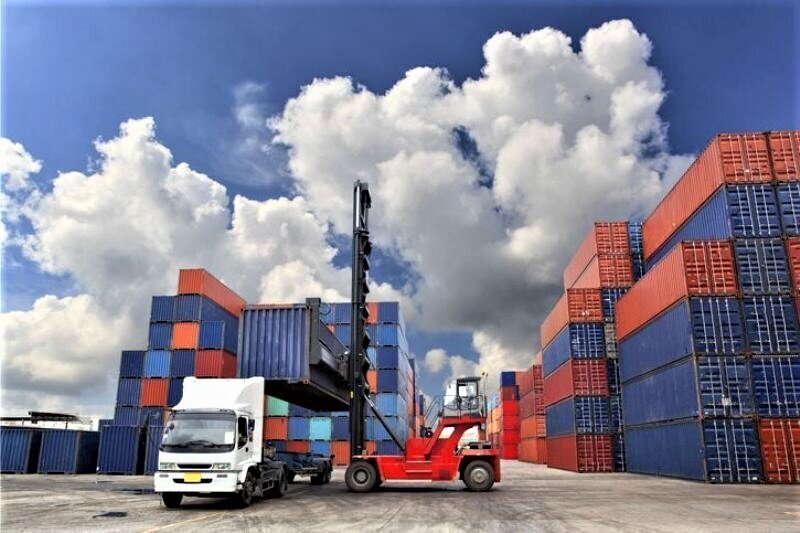EDBI to expand support for global competitiveness of exporters

TEHRAN – The Export Development Bank of Iran plans to step up support for exporters, particularly small and medium-sized enterprises (SMEs), in a bid to boost their competitiveness in international markets, a senior bank official said.
Hadi Heidari, Deputy Head of the Export Development Bank of Iran (EDBI), said the bank is working to enhance infrastructure for production financing and strengthen investment in the manufacturing sector, in line with the Supreme Leader’s designation of the new Iranian year as the “Year of Investment for Production.”
“In the past decade, Iran’s economy has faced turbulence due to simultaneous inflation and recession,” Heidari said in an interview with IRNA. “These shocks, both in the real and nominal sectors, have led to a decline in the share of manufacturing in GDP—from about 19 percent in the late 2000s to around 12 percent in the late 2010s.”
He added that various domestic and international reports point to underutilized potential in the economy, which calls for increased capital accumulation. “In the absence of coherent strategies across policy and operational layers, investment in production has remained largely stagnant over the past two decades,” Heidari noted.
Heidari said the Export Development Bank, as a specialized financial institution, can serve as a key player in strengthening the country’s financial governance and mobilizing investment to support production.
“Development banks worldwide are recognized as key engines of sustainable development and investment,” he stated. “If policymakers offer more support, the EDBI can focus its structure on becoming a leader in sustainable financing for productive investment.”
He outlined the bank’s 2025 agenda, emphasizing the delivery of trade finance solutions to producers needing imports or export financing. “This becomes especially crucial given Iran’s limited access to global financial markets,” he said.
Heidari stressed that continued support for exporters is a top priority this year, with a focus on pre-shipment and post-shipment financing tailored to SMEs.
“The bank will continue to develop integrated banking products to support production and export activity, based on market conditions and customer needs,” he said.
He also highlighted the bank’s plans to expand its supply chain finance (SCF) infrastructure in response to directives from monetary and fiscal policymakers. “These instruments, by channeling credit to productive sectors, can play a significant role in realizing the country’s investment-driven development goals,” he said.
EF/
